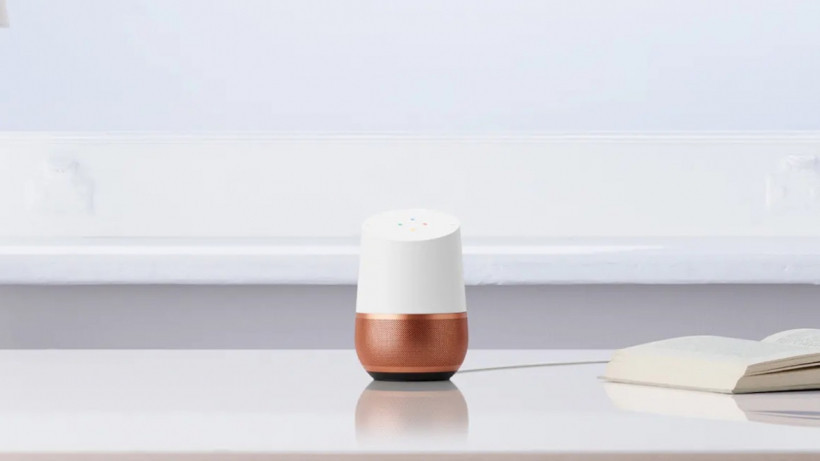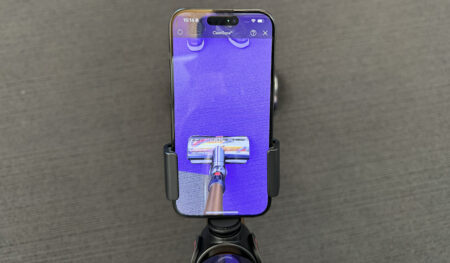Google and Amazon are struggling with visibility
Last week, as I was rummaging through some old boxes in my apartment, I dusted off an unused iTunes gift card that had slipped its way between a couple of books; a gift I’d received many months ago and since lost. After I’d scratched the winning number visible, punched it into my phone and begun scrolling through the App Store, I started a mental wishlist of all the apps I could own with $15 worth of coupons at Tim Cook’s mobile megamall.
I’m telling you this unremarkable anecdote because it’s exactly that – unremarkable. Apple and Google do a decent job of surfacing apps on their stores and editorializing around them, making it easy to see what’s currently hot – and avoid everything that’s not. On our smartphones, the journey of app discovery is very routine.
Read this: How I trained my smart home to be a third parent
When it comes to smart speakers, it’s a very different story, but one I apparently don’t need to tell many of you: according to data surveyed from news site Voicebot, very few of you are discovering apps for your smart speakers at all.
The report, which surveyed just over one thousand adults in the US, found that that 49.7% of smart speaker users don’t discover new voice apps, while just 13.7% use the Alexa skill store or Google Assistant discovery section to seek them out. “Discovery is the top issue facing third-party voice app publishers today,” the report summarized.
Discovery is the top issue facing third-party voice app publishers today
Apps, skills, actions – whatever you’re dealing in – don’t have the same visibility of smartphone apps right now. That’s not a you problem, it’s an Amazon problem, a Google problem. Despite the latter having a robust marketplace for Android smartphone users, Google’s Assistant actions are still bafflingly hard to find in the Assistant app if you don’t know where to look.
Which is crazy when you consider that, just in the US, Amazon has a little under 60,000 skills available. Google is trailing well behind that with 4,253, according to Voicebot data, but picking up the pace, and both are set to accelerate with Amazon and Google making it even easier to build skills and actions respectively. And yet both are doing .a poor job of making these apps visible.
Read this: How to make your own Alexa skill
Sure, you could argue that people aren’t seeking out other apps because they just don’t need them. The Voicebot data found that music is still the number one use case for smart speakers, followed by news. In most cases users don’t need to stray from the roster of first-party services to access these features. That said, the research also found that most users who do use third-party voice apps tend to become monthly users, suggesting users do find use for apps outside of Amazon’s and Google’s own.

So what’s the solution? The obvious one is for Amazon, Google (and Apple, if/when it rolls out its app equivalents for Siri) to simply make their apps more visible in their existing apps. Amazon’s improved here but Google still has a long way to go.
But perhaps this new voice paradigm will demand an entirely new type of discovery that is yet to emerge. When we’re without a screen, is there a better way to seek out apps? Both Amazon and Google are trying other means to get the word out, including email newsletters and social media, but it all feels a little antiquated in the voice era.
Whatever the solution is, it needs to come before developers lose interest. Amazon and Google are amping up recruitment for what should be the next big battlefield in tech – but if it’s all falling on deaf ears, why would you bother?





